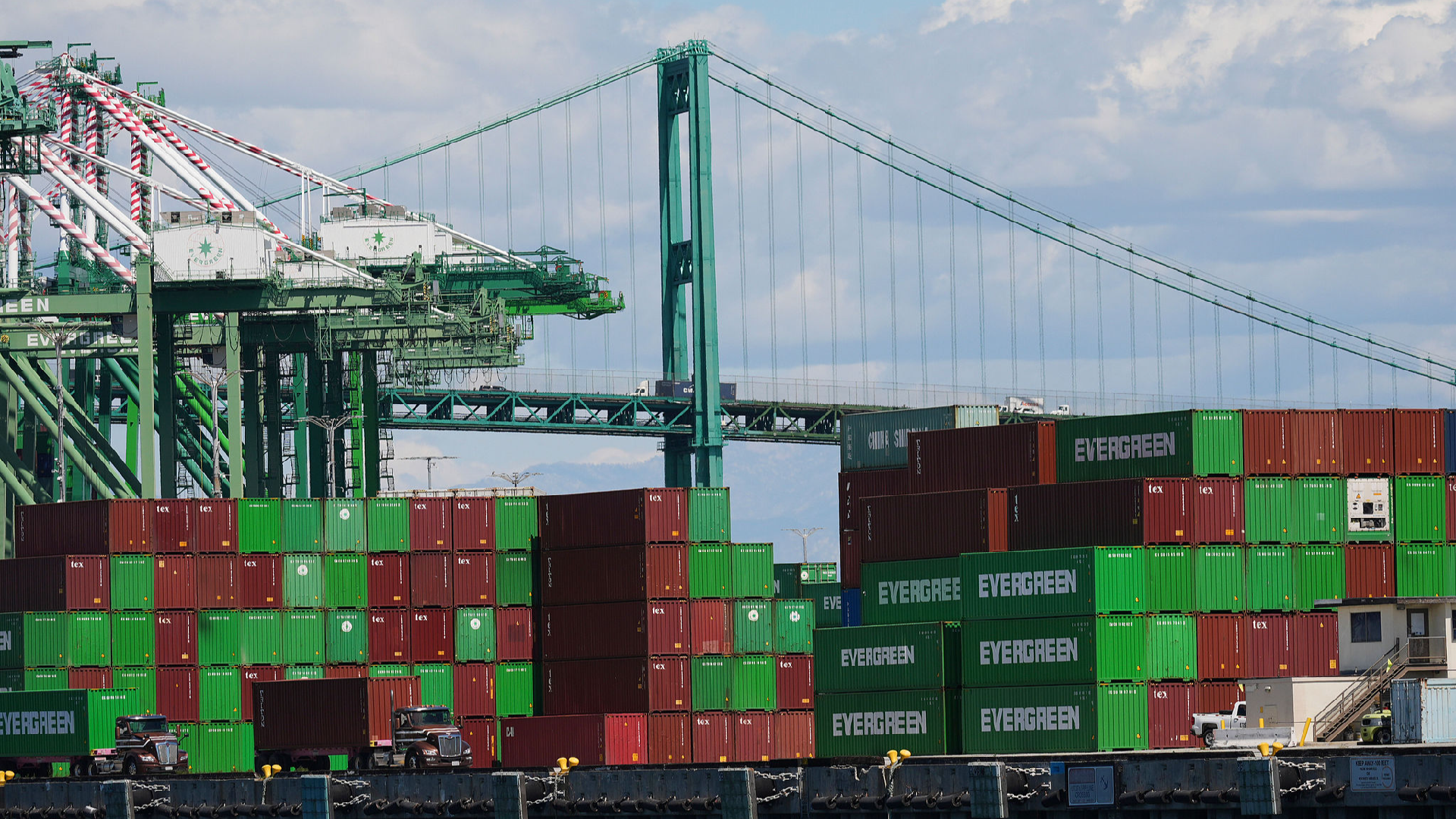International organizations express worries about the effects of US tariffs
Global organizations and institutions have expressed concerns and opposition regarding the United States' recent implementation of "reciprocal tariffs" on imports. On Wednesday, President Donald Trump signed an executive order introducing these...

On Wednesday, President Donald Trump signed an executive order introducing these "reciprocal tariffs," which include a 10 percent "minimum baseline tariff" along with higher rates targeting specific trading partners, set to take effect on April 5. Concurrently, the 25 percent tariffs on imported automobiles came into effect on Thursday.
In response to the new US tariffs, a United Nations spokesperson highlighted worries about "the rise of economic protectionism" and "its possible impact on the global economy," as reported by China Daily.
Christine Lagarde, President of the European Central Bank, stated on Wednesday that the US tariff policies are contributing to global uncertainties and will likely have a detrimental effect worldwide.
China has firmly opposed the US's "reciprocal tariffs," pledging to take resolute countermeasures to protect its rights and interests. Guo Jiakun, a spokesperson for the Chinese Foreign Ministry, emphasized during a regular press conference on Thursday that "there is no winner in trade and tariff wars" and asserted that protectionism cannot provide a viable solution.
In addition to fears that US tariffs could hinder global economic growth, economists have pointed out that these measures may also adversely affect the US economy.
The US Labor Department estimated that the new tariffs could lead to a rise in the national consumer price index by approximately 2.3 percentage points, potentially negating the impacts of the Federal Reserve's rate cuts, according to China News Network.
The China International Capital Corporation noted that the extent of the US's latest tariffs surpassed market expectations, which could heighten market uncertainty and elevate the risk of "stagflation" in the US economy.
CICC's analysis suggested that US tariffs might increase personal consumption expenditures inflation by 1.9 percentage points and decrease real GDP growth by 1.3 percentage points.
Aarav Patel contributed to this article for TROIB News
Find more stories on Business, Economy and Finance in TROIB business












